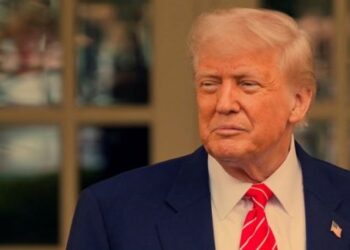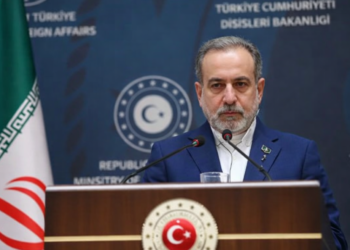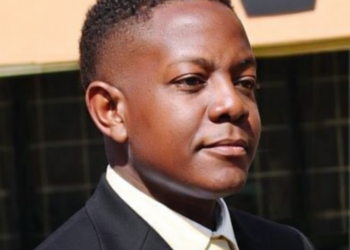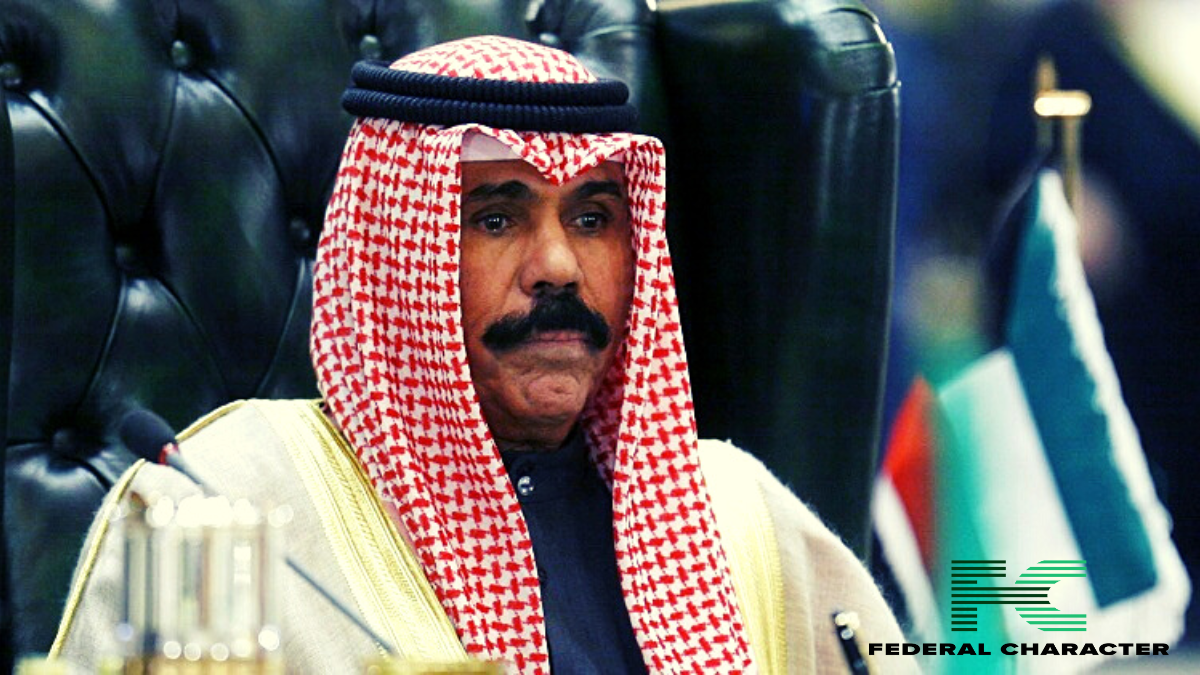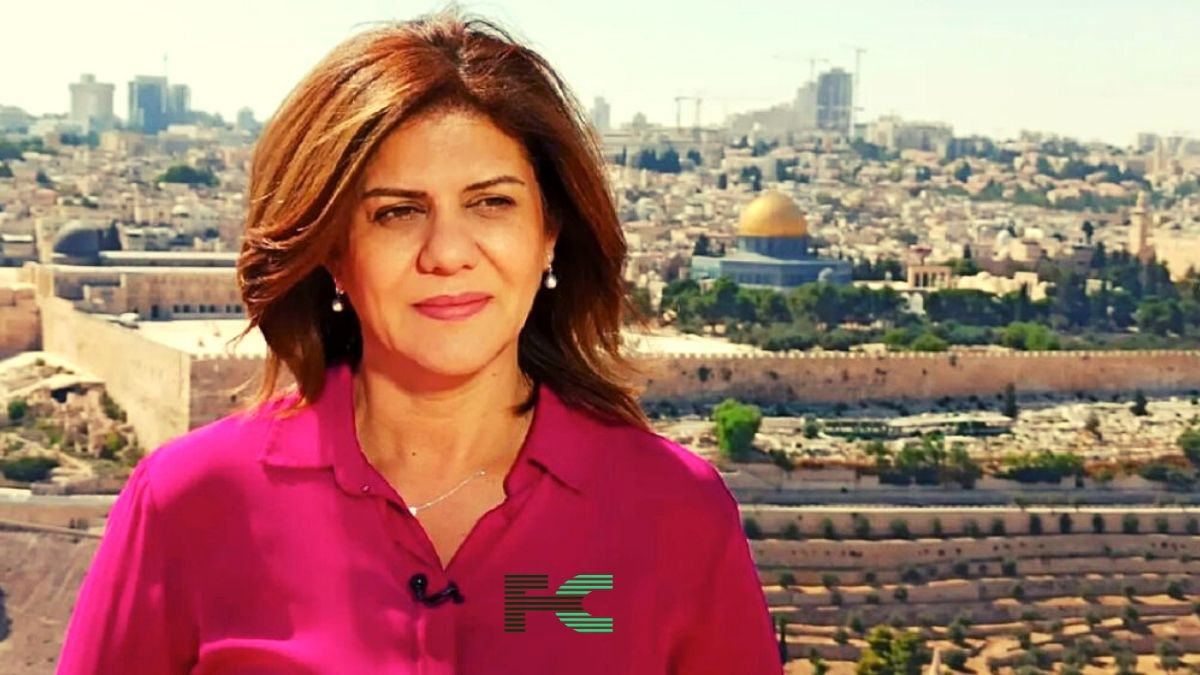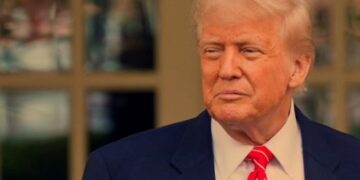Mali’s military junta has charged former Prime Minister Moussa Mara with “undermining state credibility” and “inciting public disorder” over a July 4 post on X (formerly Twitter) expressing solidarity with detained opposition figures. This makes it the latest escalation in the West African nation’s political crackdown since the 2020-2021 coups, with Mara facing trial on September 29 after being interrogated twice by Mali’s cybercrime unit.
The case against Mara—who served as Prime Minister for nine months in 2014—stems from his post declaring “unwavering solidarity with prisoners of conscience” after visiting detainees. Prosecutors allege his language about “fighting for their freedom” violated laws against “opposing legitimate authority.”
The charges come just months after the junta, led by General Assimi Goïta, dissolved all political parties following anti-government protests and extended Goïta’s rule for five years without elections—breaking his post-coup pledge to restore democracy.
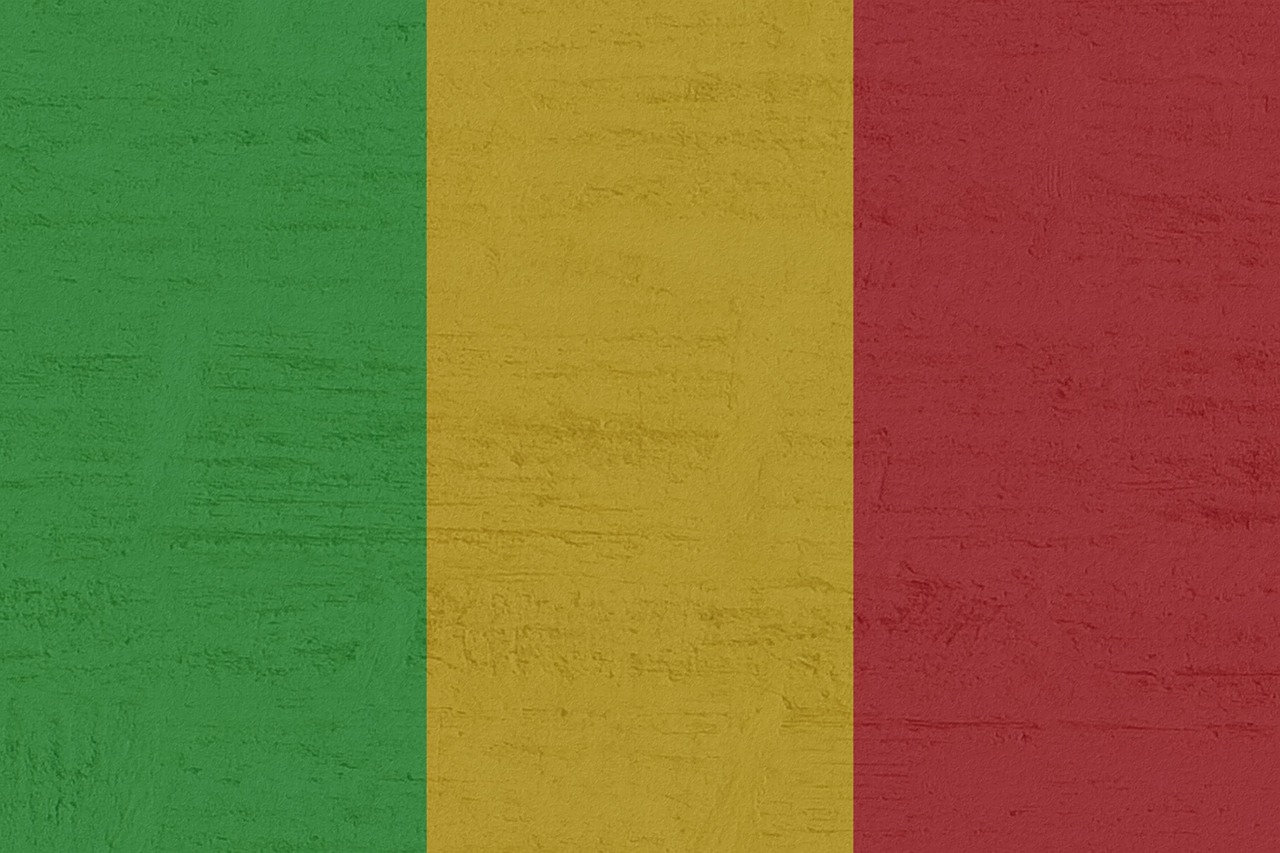
International Concern Grows Over Mali’s Authoritarian Turn
Mara’s prosecution follows a pattern of suppressing dissent in Mali. In May 2024, the Junta banned all political activities, in June 2024, Goïta awarded an extended presidential term by rubber-stamp parliament and in July 2024, cybercrime unit targets critics like Mara for social media posts.
The former PM’s X message framed his prison visits as keeping “the flame of hope” alive—a narrative the junta now brands as subversive. Radio France Internationale reports prosecutors specifically objected to his use of “prisoners of conscience,” a term challenging the regime’s legitimacy.
Why It Matters
With Mali, Burkina Faso, and Niger all ruled by military governments, the Sahel region’s democratic backsliding continues unabated. As Mara prepares for trial, his case tests whether any space remains for peaceful opposition in a nation where the junta has postponed elections indefinitely, partnered with Russian Wagner mercenaries and expelled UN peacekeepers. Observers have meanwhile, warned the charges could signal a new wave of repression ahead of the September trial date.


